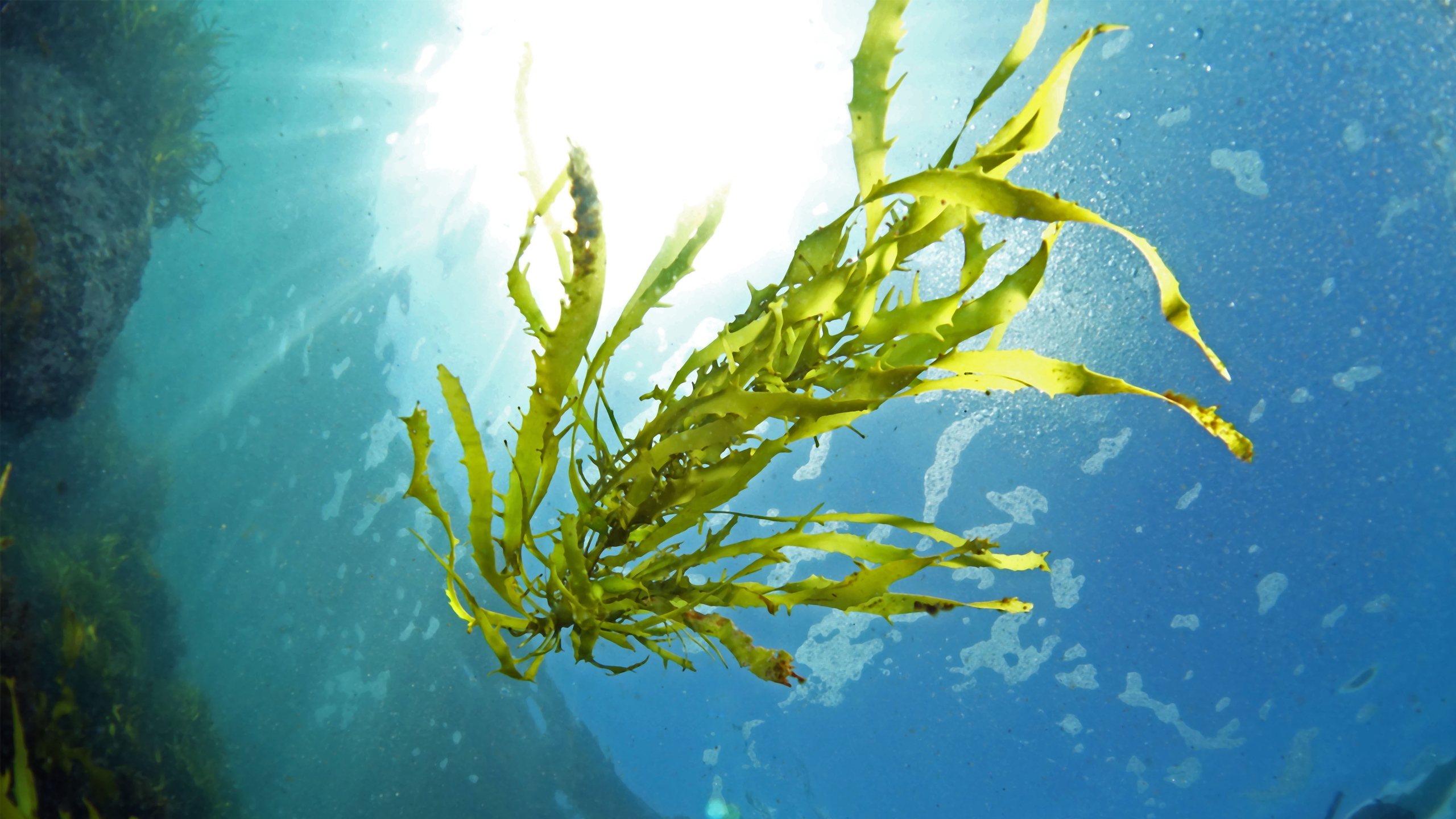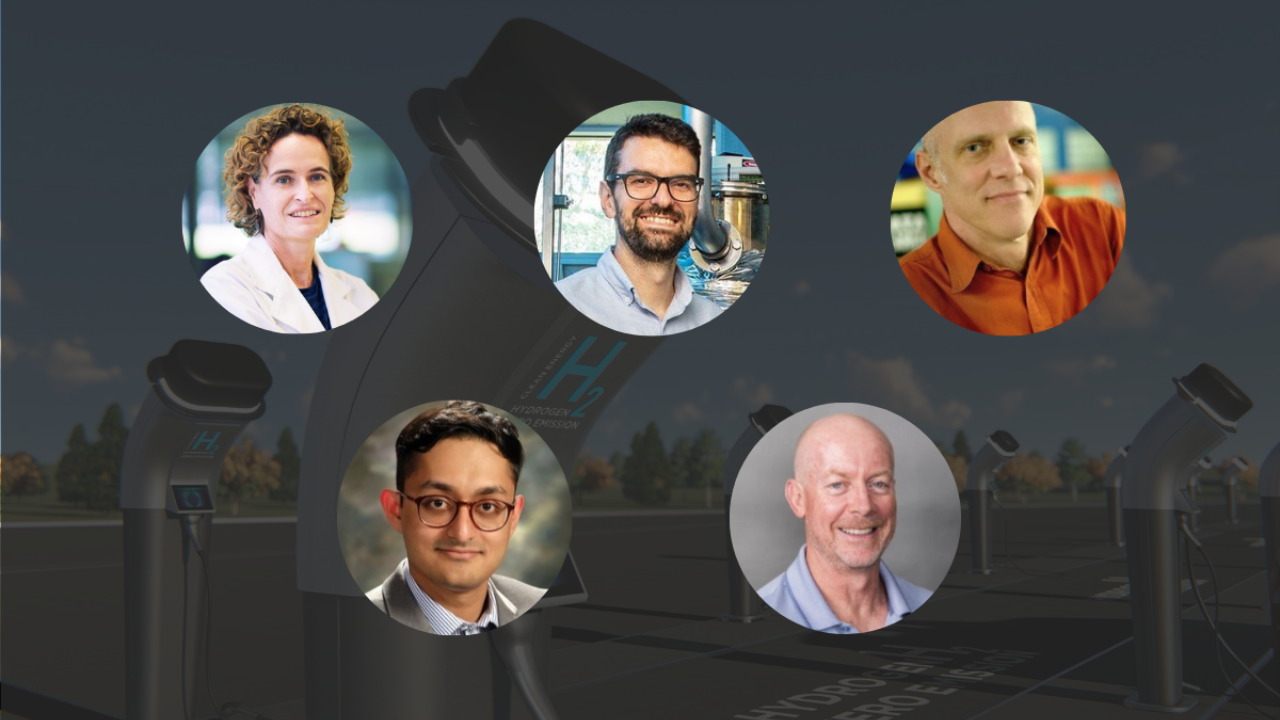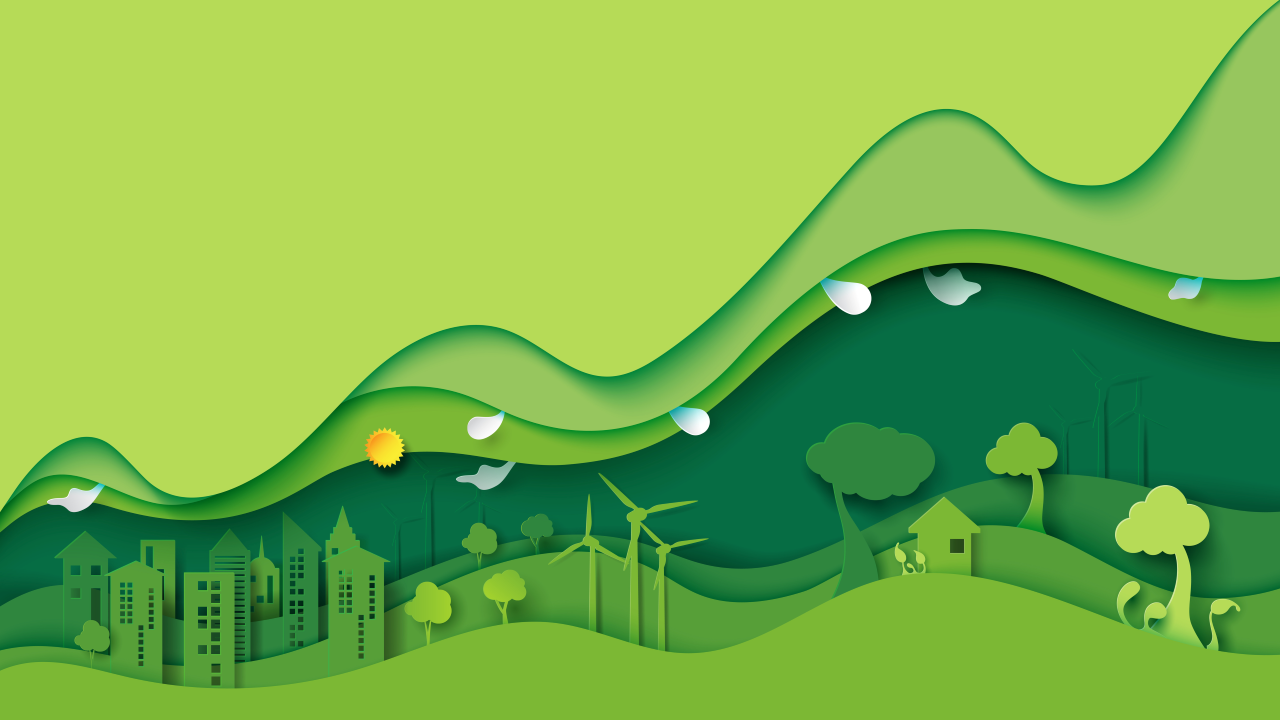The Best Australian Science Writing 2024
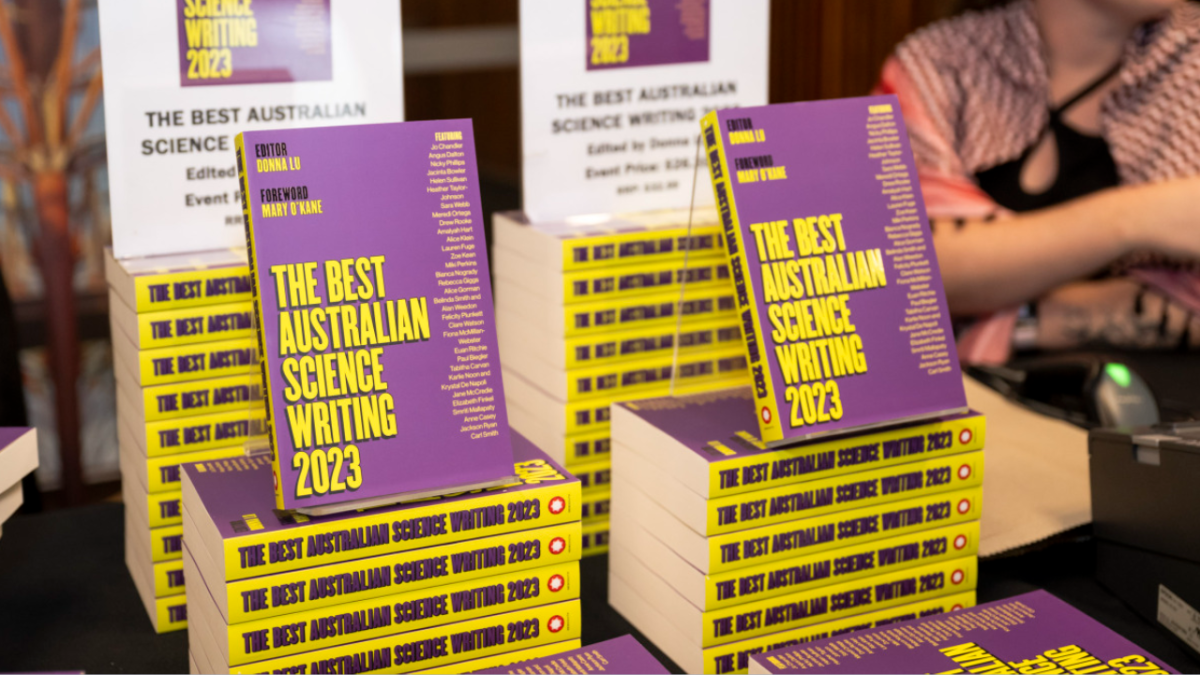
What lurks in a house of slime hidden in the middle of a forest? Why are AI scientists talking about the formula p(doom) – and what does it mean for humanity? Is there a place for psychedelics in our medicine cabinets?
The best science writing doesn’t just answer questions, it cracks them open. It dissects them, probes them and solves their mysteries. It takes you on a journey of discovery.
This much-loved anthology – now in its fourteenth year – selects the most riveting, entertaining, poignant and fascinating science stories from Australian writers, poets, and scientists.
Hear from editors Carl Smith (ABC science reporter) and Jackson Ryan (science editor) who will share their insights on science, communication, and the intersection of humanity and technology. The winners of the 2024 UNSW Press Bragg Prize for Science Writing will also be announced on the night.
Books will be available for purchase on the night, with an opportunity to meet the authors and editors for a signing session.
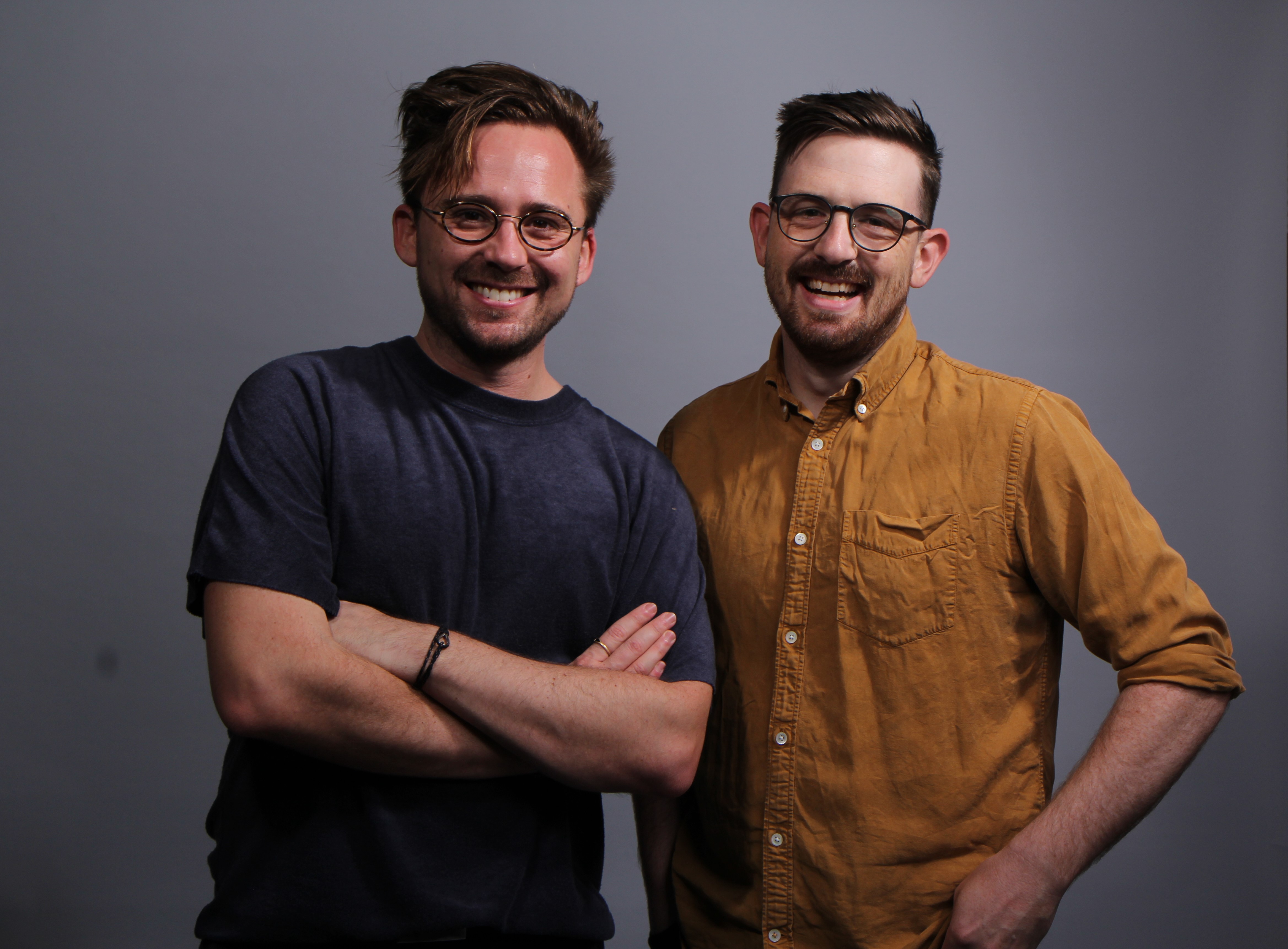
Carl Smith & Jackson Ryan
Award winning science journalistsCarl Smith is a science journalist working for ABC’s Science Unit and Radio National. He makes audio documentaries, podcasts and written features with original photography. He’s won a Young Walkley Award for Longform Journalism and jointly won a Eureka Prize for Science Journalism. Carl’s been an ABC News cadet, a geneticist, a reporter on Behind the News, a ‘journalist in residence’ in Germany and an animated presenter on the ABC Education series Minibeast Heroes. His most recent audio series are Strange Frontiers and Pacific Scientific. He also co-writes and cohosts the ethics podcast for kids, Short & Curly.
Dr Jackson Ryan is a former molecular biologist and current science and tech journalist with a focus on longform and narrative non-fiction science writing. He served as the science editor at CNET.com between 2018 and 2023 and was the 2022 winner of the Eureka Prize for Science Journalism. His longform writing has appeared in the New York Times, the Guardian, The Monthly and Nature. He lives with a collection of more than 70 Christmas sweaters and zero dachshunds, the latter of which he hopes to rectify one day.
